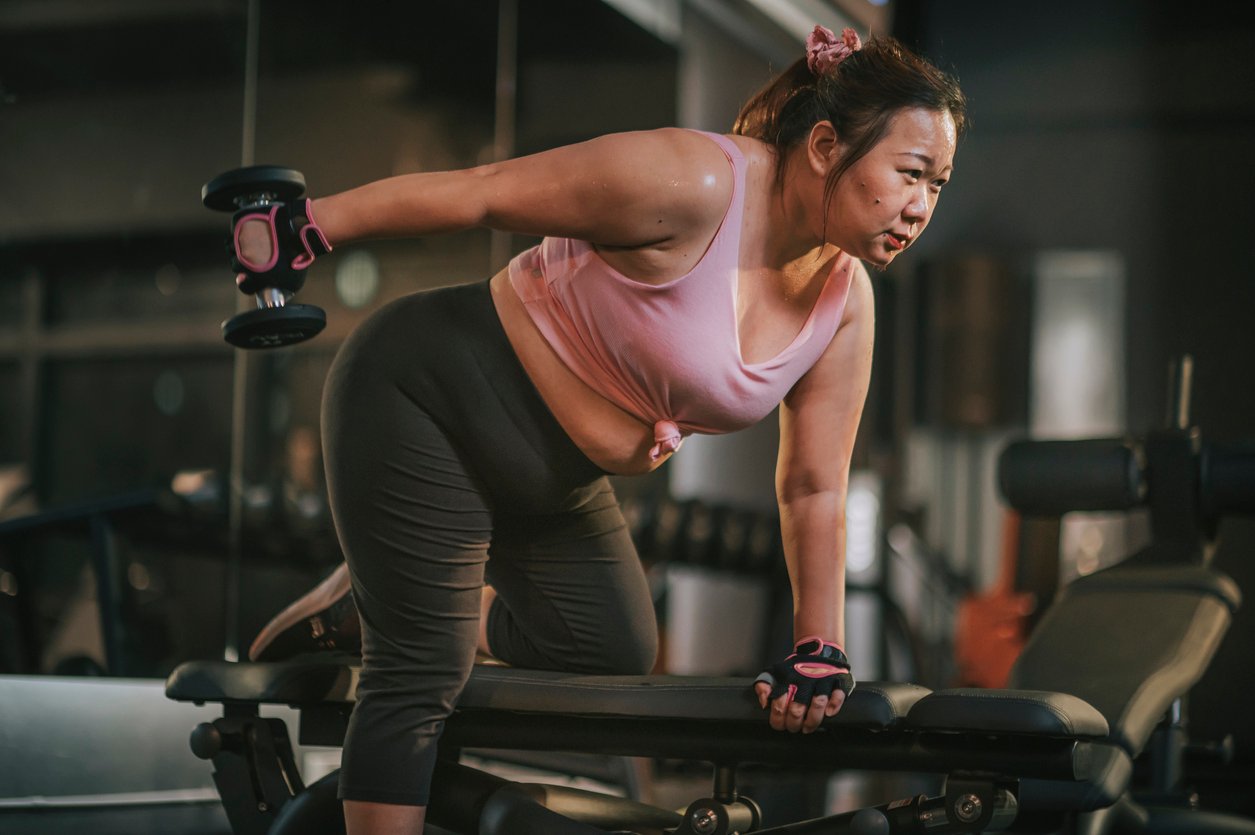Do you know the health benefits of sweating?
As temperatures rise this summer, Massachusetts residents are spending more time outside. But with the added sunshine, sweating can also increase. Whether you’re lounging outside, visiting the beach, or going for a run, things tend to heat up this time of year. So, is all that sweat a good thing? The short answer is yes: Sweat serves a very important function in the body. Lack of sweat might be cause for concern. Continue reading to take a look at the benefits of sweating, along with ways to replenish yourself.
Regulates temperature
Simply put, sweat is how your body adjusts to higher heat, humidity, or effort, as a way to keep your temperature from going too high. But it's not the sweat itself that creates a cooling effect, it's the evaporation process. If you've ever been in a sticky environment where your sweat doesn't dry, you'll recall that being sweaty wasn't enough to lower your temperature—it's only when the wind comes up that you start to feel more comfortable because as the sweat evaporates, it cools down the skin.
That's why you might notice it's easier to get cooler when you're in front of a fan. The air feels refreshing, but it's also helping the sweat evaporate, so your temperature regulates back to normal. Loss of this sweat gland function and the subsequent evaporation effect as we age is one of the major reasons that the older population is at increased risk for heat stroke, research notes.
Keeps electrolytes balanced
Although your sweat is mostly water, that's far from the only component. Sweat also contains sodium, chloride, and potassium—also known as electrolytes. Sodium, in particular, is essential for numerous functions like maintaining fluid balance, optimizing nerve impulses, and regulating muscle contractions. Sodium is also the mineral that's most excreted in sweat.
If sweat was only water and didn't flush out electrolytes, cells would have too much sodium and lose volume. Because you lose electrolytes when you sweat, it’s important to replace what you've lost. Drinking pure water is beneficial, but it also gets some of the other minerals in there, which might come in the form of a non-sugary sports drink or from foods like bananas and nut butter.
Removes toxins
When it comes to flushing waste from the body, your sweat glands are actually minor players compared to your detox champions, the liver and kidneys. However, research indicates there are some toxins that can be expelled to a modest degree through sweat, such as heavy metals and bisphenol A, a chemical found in plastics.
Sweat is more effective in flushing out external pollutants on the skin, such as dirt or allergens. The sodium and minerals in sweat can act as natural exfoliants, and sweat produces an antimicrobial peptide called dermcidin—which helps eliminate harmful bacteria on the skin.
Helps circulation
When body temperature rises enough for sweating, blood vessels dilate to cool you down. This means blood flows more easily throughout the body.
According to Cleveland Clinic, this process—known as vasodilation—can offer several benefits, including lower blood pressure and better delivery of oxygen and nutrients throughout the body.
Improves mood
Exercise alone, with or without sweat, has been shown to boost the brain and body. Benefits include more effective stress management, better memory, and a lower risk of cognitive decline with aging.
When you sweat, those effects might be intensified, particularly for mood. According to Orlando Health, an increase in temperature of the brain stem leads to relaxation and less anxiety, partly because it triggers the release of feel-good chemicals like serotonin and dopamine.
With all these benefits, it makes sense to dial up your workouts a little to get sweatier, but keep in mind that people sweat at different rates. If you're not as drenched as the person exercising next to you, that's okay. You'll still get advantages. If you don't sweat at all, though, it's a good idea to talk with your healthcare provider because a lack of sweating significantly increases your risk of overheating.
This summer, remember that hydration is the best way to prevent heat exhaustion.
Stay connected with Mass General Brigham Health Plan by following @MGBHealthPlan on Instagram, LinkedIn, YouTube, and Facebook.
